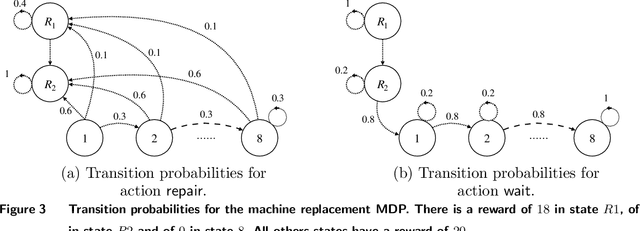The Best Decisions Are Not the Best Advice: Making Adherence-Aware Recommendations
Paper and Code
Sep 07, 2022



Many high-stake decisions follow an expert-in-loop structure in that a human operator receives recommendations from an algorithm but is the ultimate decision maker. Hence, the algorithm's recommendation may differ from the actual decision implemented in practice. However, most algorithmic recommendations are obtained by solving an optimization problem that assumes recommendations will be perfectly implemented. We propose an adherence-aware optimization framework to capture the dichotomy between the recommended and the implemented policy and analyze the impact of partial adherence on the optimal recommendation. We show that overlooking the partial adherence phenomenon, as is currently being done by most recommendation engines, can lead to arbitrarily severe performance deterioration, compared with both the current human baseline performance and what is expected by the recommendation algorithm. Our framework also provides useful tools to analyze the structure and to compute optimal recommendation policies that are naturally immune against such human deviations, and are guaranteed to improve upon the baseline policy.
 Add to Chrome
Add to Chrome Add to Firefox
Add to Firefox Add to Edge
Add to Edge